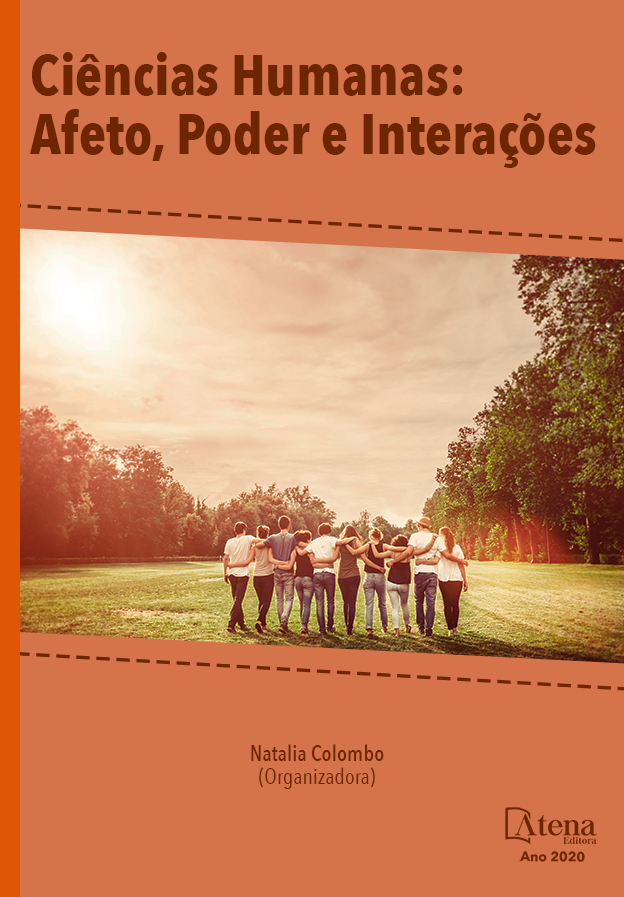
REFUGIADOS NA AMÉRICA LATINA: REFLEXÕES SOBRE O MOVIMENTO MIGRATÓRIO DOS VENEZUELANOS PARA O BRASIL
A presente pesquisa versa sobre os refugiados na América Latina. Muito embora, tal fenômeno tenha amplitude global, delimita-se o objeto de pesquisa no âmbito latino-americano. Inicialmente, parte-se da delimitação conceitual de refugiados e os seus reflexos, estudo realizado à luz da Convenção dos Refugiados de 1951 e do Protocolo de 1967. No plano interno, estudo da Lei nº 9.474, de 22 de julho de 1997, que trata sobre os refugiados, e a mais recente Lei brasileira (Lei nº 13.445, de 24 de maio de 2017), que versa sobre migração. E, mais especificamente, pesquisa sobre o emblemático caso da Venezuela, país com linha limítrofe localizada na região norte do Brasil. De acordo com dados da Polícia Federal, o estado brasileiro de Roraima, já recebeu mais de 40.000 (quarenta mil) venezuelanos nos últimos anos, e é considerada a principal porta de entrada daqueles que fogem da crise de abastecimento de alimentos, do colapso dos serviços públicos, em especial na saúde, e de uma inflação que atinge a cifra de 700% (setecentos por cento). Como hipótese de pesquisa, analisar-se-á as causas da crise venezuelana, além das medidas adotadas pelo governo brasileiro em resposta à crise migratória, e, se tais medidas têm minimizado a situação de risco dos venezuelanos no Brasil. Para tanto, realizar-se-á pesquisa exploratória e descritiva, com base bibliográfica e legislativa. Conclui-se que há uma crise no país vizinho, que pode ser classificada como crise humanitária e as causas são político-econômicas que foram agravadas pelos embargos econômicos aplicados pelos EUA e países aliados à Venezuela, causando um aumento em termos percentuais da população vulnerável que está abaixo da linha de pobreza ou na extrema pobreza, como os dados no decorrer da pesquisa apontam, e que coincidiram com o despreparo do governo de Nicolás Maduro em sustentar os avanços conquistados pelo seu antecessor.
REFUGIADOS NA AMÉRICA LATINA: REFLEXÕES SOBRE O MOVIMENTO MIGRATÓRIO DOS VENEZUELANOS PARA O BRASIL
-
DOI: 10.22533/at.ed.57320071015
-
Palavras-chave: Refugiados; América Latina; Venezuelanos; Movimento Migratório.
-
Keywords: Refugees; Latin America; Venezuelans; Migratory Movement.
-
Abstract:
This research deals with refugees in Latin America. Although this phenomenon has a global scope, the research object is delimited in the Latin American. Initially, it starts from the conceptual delimitation of refugees and their reflexes, a study carried out in the light of the 1951 Refugee Convention and the 1967 Protocol. Internally, a study of Law No. 9,474, of July 22, 1997, which deals with on refugees, and the most recent Brazilian Law (Law No. 13,445, of May 24, 2017), which deals with migration. And, more specifically, research on the emblematic case of Venezuela, a country with a borderline located in the northern region of Brazil. According to data from the Federal Police, the Brazilian state of Roraima has already received more than 40,000 (forty thousand) Venezuelans in recent years, and is considered the main gateway for those fleeing the food supply crisis, the collapse of public services, especially in health, and inflation reaching 700% (seven hundred percent). As a research hypothesis, the causes of the Venezuelan crisis will be analyzed, in addition to the measures adopted by the Brazilian government in response to the migratory crisis, and, if such measures have minimized the risk situation of Venezuelans in Brazil. To this end, exploratory and descriptive research will be carried out, with a bibliographic and legislative basis. It is concluded that there is a crisis in the neighboring country, which can be classified as a humanitarian crisis and the causes are political and economic that were aggravated by the economic embargoes applied by the USA and allied countries against Venezuela, causing an increase in percentage terms of the vulnerable population that it is below the poverty line or in extreme poverty, as the data in the course of the research point out, and which coincided with the unpreparedness of Nicolás Maduro's government in sustaining the advances achieved by his predecessor.
-
Número de páginas: 14
- Flávia Candido da Silva
- Lucelaine dos Santos Weiss Wandscheer


